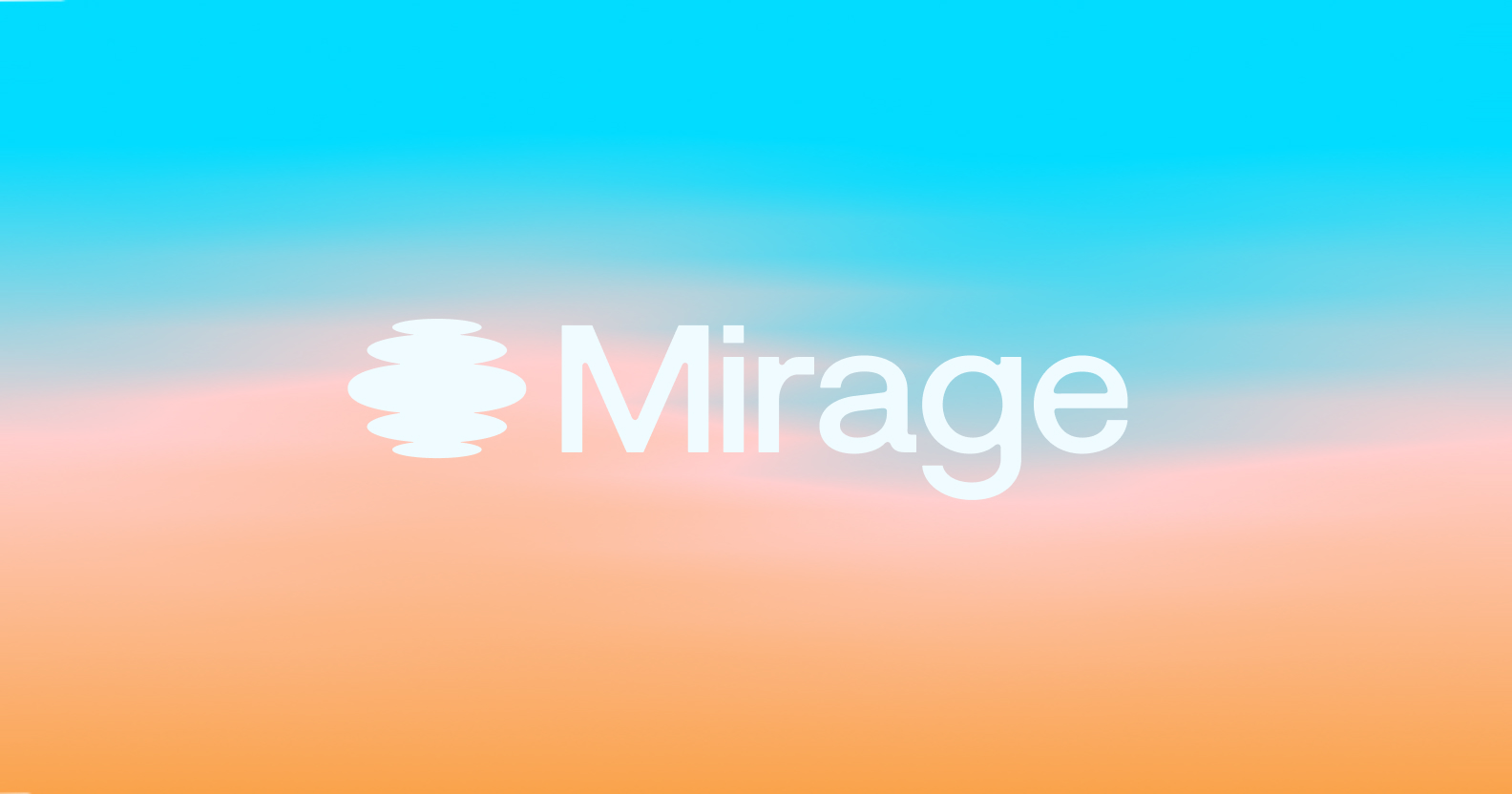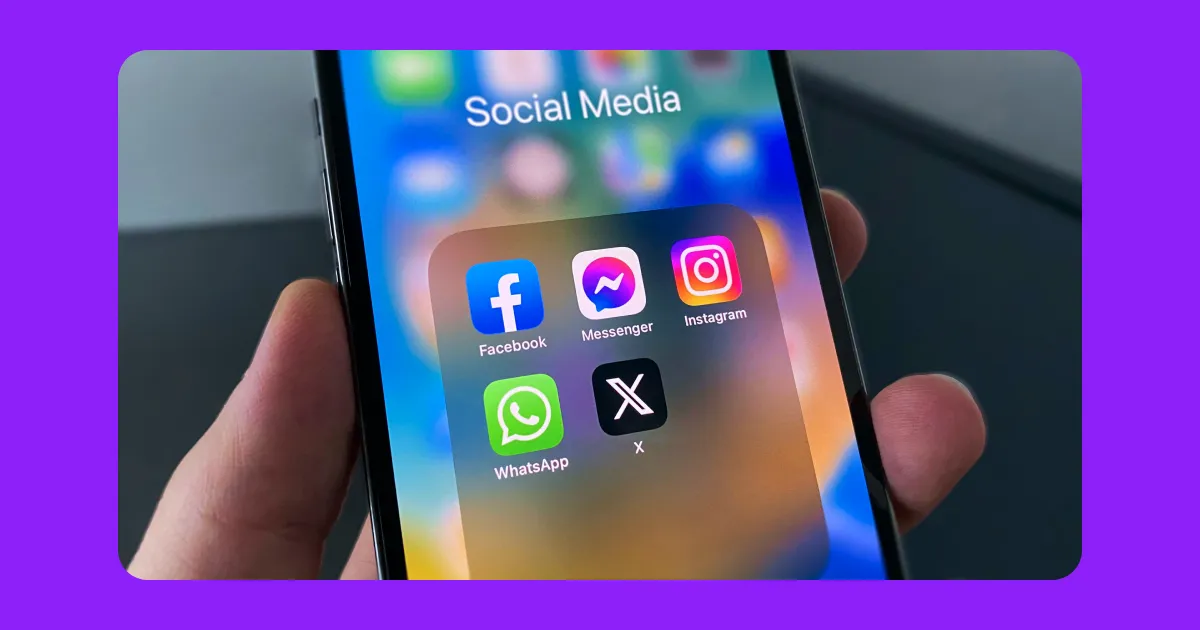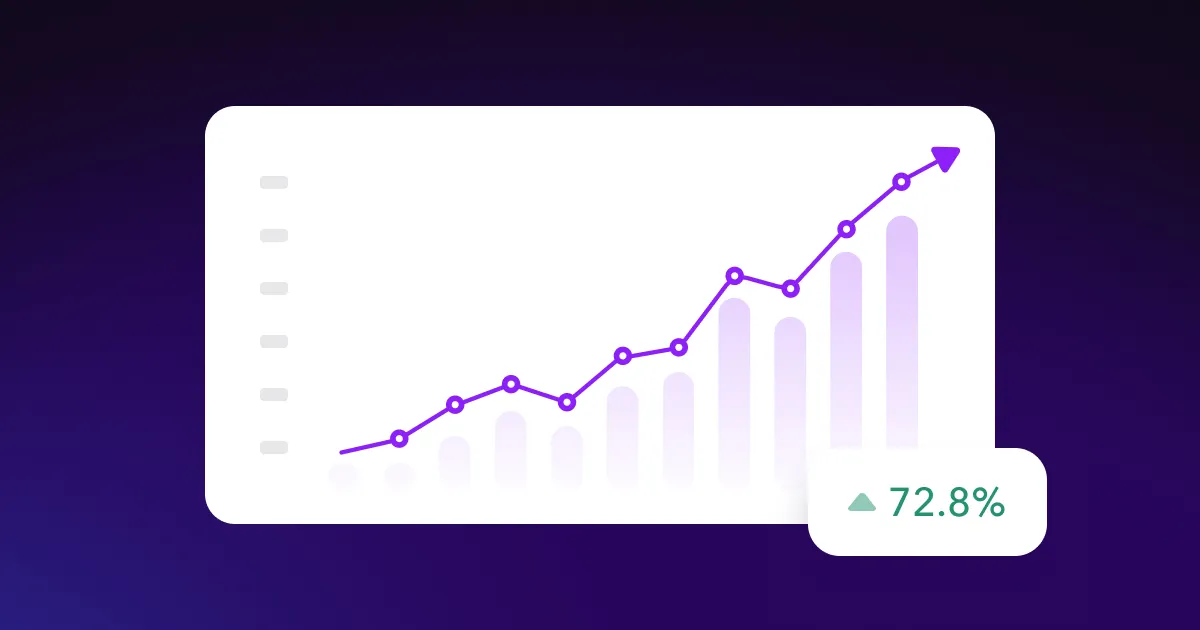On April 24, 2024, President Joe Biden approved a ban on TikTok, the short-form video hosting service owned by Chinese technology company ByteDance. TikTok is one of the world’s most popular social media platforms, with over 1 billion active users. Given TikTok’s popularity, its ban affects not just TikTok users but various related apps and platforms, such as CapCut.
While TikTok remains the focus for US lawmakers concerned with China’s influence over user data, the TikTok ban bill contains broad language that can target any app controlled by a foreign adversary. Should TikTok be banned, apps like CapCut, WeChat, and Temu could soon wind up on the chopping block.
Let’s explore the TikTok ban’s potential impact on CapCut and what creators who rely on its editing tools can do if CapCut is banned in the US.
Who Owns CapCut?
CapCut is a video-editing app owned by TikTok’s parent company, ByteDance. First released in 2019 as JianYing, the app rebranded as CapCut in April 2020 when it launched outside China. It quickly grew into one of the most popular apps in the US, peaking at number one in the Apple app store in mid-2021. In 2022, CapCut expanded past mobile devices when it launched its web version, allowing content creators to edit videos on desktops.
Today, CapCut has over 200 million active users worldwide, many of whom use the app to edit TikTok videos. The app offers hundreds of pre-set templates and filters that mimic trending TikTok videos, making it easy for creators to participate in trends and attract followers. Beyond creating videos for TikTok, CapCut features numerous basic editing resources, like speech-to-text automation, AI color correction, and video resizing.

Will CapCut Be Banned? Potential Outcomes
TikTok first came under scrutiny in 2020 when the United States government announced it might ban the platform due to national security risks. The US Army and Navy banned the app on government-issued devices in January 2020, and by December 2022, the ban covered most federal devices.
The Protecting Americans from Foreign Adversary Controlled Applications Act (PAFACA) is the most recent (and strict) action taken by the US federal government against TikTok. The act bans any social networking app identified as a ”foreign adversary controlled application” within 270 to 360 days. To avoid the ban, targeted apps must be sold to a non-foreign adversary before the deadline.
Although TikTok is the primary app targeted by PAFACA and its sponsors, the act explicitly applies to ByteDance and all its subsidiaries, including CapCut, Lemon8, and Hypic. If the act survives any legal challenges brought against it, the ban will significantly impact the ability to use CapCut in the US. Possible outcomes include:
- Not being able to keep the app up-to-date — CapCut won’t disappear from phones immediately. Instead, the ban will remove CapCut from US app stores, preventing people from downloading it. This also means that users who already have the app won’t receive new updates. Without access to updates and patches, the app will slow down and develop bugs over time, significantly impacting its effectiveness.
- Losing users due to these obstacles — It’s hard to imagine a world where CapCut gets banned in the US and doesn’t lose users. While some creators may seek workarounds to download the app or continue using an unsupported version, others will turn to alternative video editing apps.

The Future of CapCut: Is CapCut Safe?
Unlike TikTok, CapCut isn’t a social media networking app, meaning it has less influence over users and public discourse. Still, many US legislators believe CapCut’s popularity, connection to TikTok, and access to user data make the app a threat to national security. Some individuals have also raised anti-competition concerns, as CapCut’s access to TikTok trend data makes it difficult for other apps to compete in the short-form video editing marketplace. Considering these concerns and the current political climate in Washington, the odds are not in CapCut’s favor.
Assuming PAFACA applies to CapCut, ByteDance will have between 270 and 360 days to divest (sell) its ownership to a non-foreign adversary-controlled company. Let’s look at some potential bidders for CapCut:
- Adobe — Adobe’s suite of video editing apps includes free programs like Express and mighty industry titans like Premier Pro and After Effects. While it’s already trusted by many amateur and professional creators, Adobe may acquire CapCut to expand its reach on social media platforms.
- Apple — Apple operates several video editing apps, including the built-in iOS apps iMovie and Clips. Adding CapCut to its core iOS app catalog could help sway some creators to swap their Android devices for Apple ones instead.
- YouTube — YouTube is the number one streaming platform in the world and is looking to boost its footprint into the short-form video sphere with YouTube Shorts. However, it doesn’t offer great video editing tools — buying CapCut from ByteDance would go a long way toward helping YouTube become a one-stop shop for everything from video streaming to editing.
- Meta — Meta owns Instagram, which has numerous built-in editing tools. While it will likely benefit if TikTok and CapCut get banned, Meta may wish to add CapCut and synergize its features with Instagram Reels — either that or strip it for parts and take the best tech.
ByteDance filed a legal challenge against PAFACA in the District of Columbia Circuit Court of Appeals in early May 2024. In its petition, the company’s lawyers argue that the act is unconstitutional and suppresses Americans’ right to free speech. Further, the lawyers argue that the 270 to 360-day timeline is insufficient to find a buyer for technologically advanced apps like TikTok and CapCut.
The question over the ban’s legality may take a few months to answer, which makes it difficult to say when is TikTok getting deleted. Ultimately, the decision will come down to whether the courts decide the US government has the power to regulate ByteDance and other foreign-controlled apps to the point that it can force their sale.
Stay Ahead of the Curve: Explore Alternative Editing Options
CapCut’s future in the US is uncertain. While it’s true that lawmakers in Washington have long harbored suspicions about TikTok, it’s less certain that the courts will uphold a full-fledged ban on TikTok or CapCut. In the event that the ban withstands ByteDance’s legal challenge, creators must have backup editing options ready to go — this is where Captions can help.
Captions is a powerful, user-friendly video editing platform. It shares numerous features with CapCut, such as the ability to quickly trim, cut, and arrange clips. What makes Captions unique is its AI-powered tools — with Captions, you can automatically remove background noise, add captions and subtitles, and trim filler words. You can even create copyright-free music and sound effects for your videos, or use AI to find viral worthy clips from your long form content.
Download Captions in the iOS or Google Play Store today and discover your new favorite video editing app.









